Views: 1281
During my travels across Central America many travellers didn´t recommend me to visit Honduras & Salvador. Supposedly it could be pretty dangerous. And after I asked these travellers why not and what happened to them, their answer was: ” Ohh, no no, we didn´t go there, we were told it is dangerous so we didn´t go.”. Well, dear MiliMundo readers, I am not a person who will listen to media crap or advice of people who have never been in such countries. So I decided to go and explore Honduras and Salvador by myself and I backpacked through these countries for 2 weeks…
And what was my impression on these very “dangerous” countries? Well, yes, these countries might belong to the third world countries. And many people might live in poor conditions. Many times without proper bathroom, kitchen or internet. But it doesn´t mean that these people are bad or dangerous people. And yes, there are so called “pandillas” (especially in Salvador) – groups of criminals causing damages and harming others. But this is generally “internal business” between pandillas and local traders. They don´t attack travellers and tourists. I don´t say it is right. Not at all! But I can say that within my travels there I have never felt to be in danger. Just on the contrary, local people looked way much more willing to help me than in other countries. Local people were super friendly, nice and open.
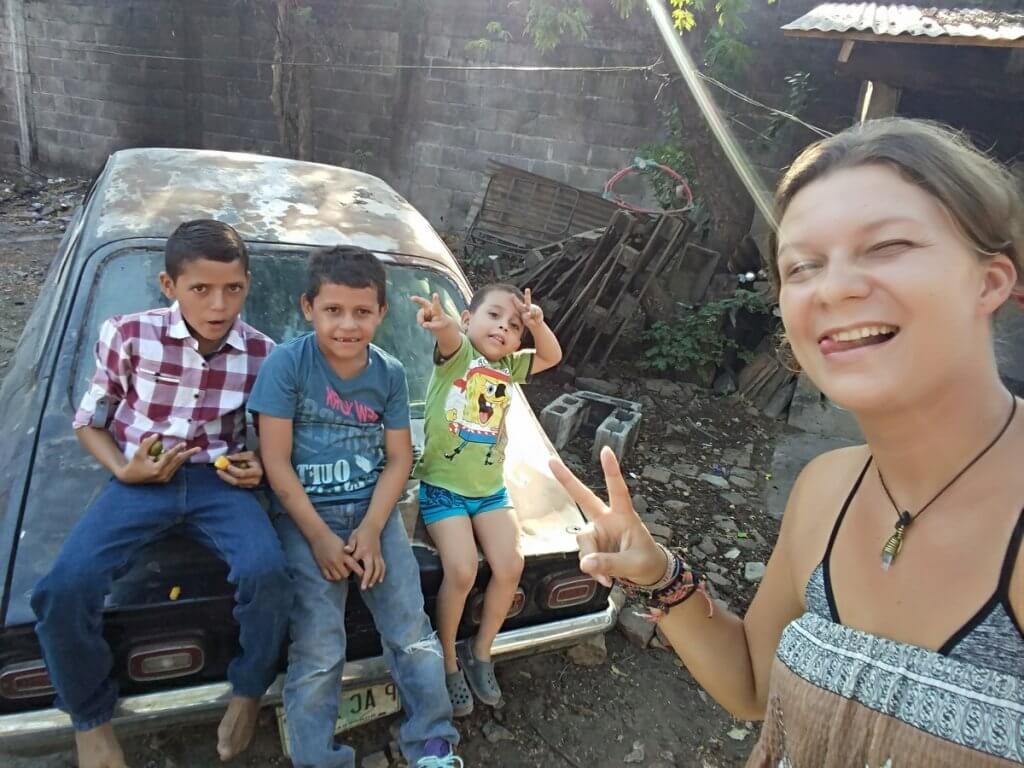
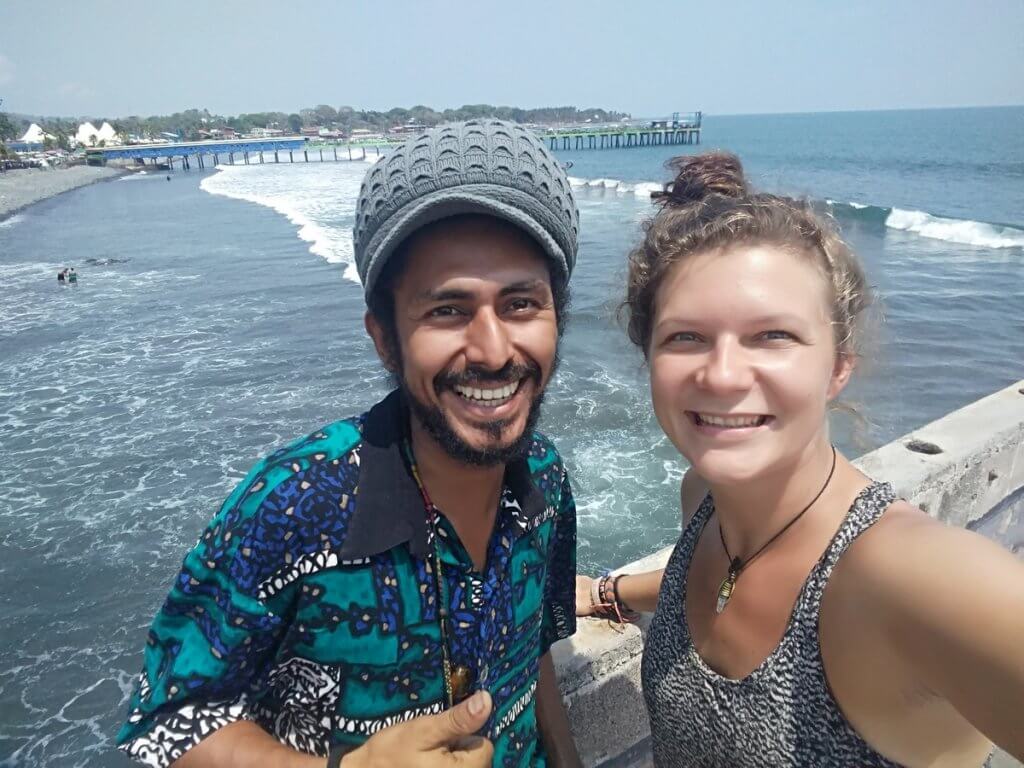
In the South of Honduras I stayed 5 days, out of which 2 nights I spent with local family in Choluteca and 3 nights on the precious island Amapala where local people showed me their real nice face. In Salvador I stayed in total 9 days, out of which 5 nights I spent with local people and the rest of the days hanging out also with locals. I was even hitchhiking and selling street art in Salvador and everything went great.
Yes, maybe it was also good luck but I believe that anything can happen anywhere in the world. And only to trust what media say doesn´t have a meaning to me. And personally I can say that locals in Honduras and Salvador are nicer and friendlier than most of Europeans. I was travelling all the time by so called chicken buses with locals, avoiding more popular and comfortable shuttle buses. I even crossed border between Honduras and Salvador by small boat with a local fisherman. And it was always a great experience to see how locals travel and live in their “dangerous” countries while me being the only “gringa” in wider surrounding. 🙂
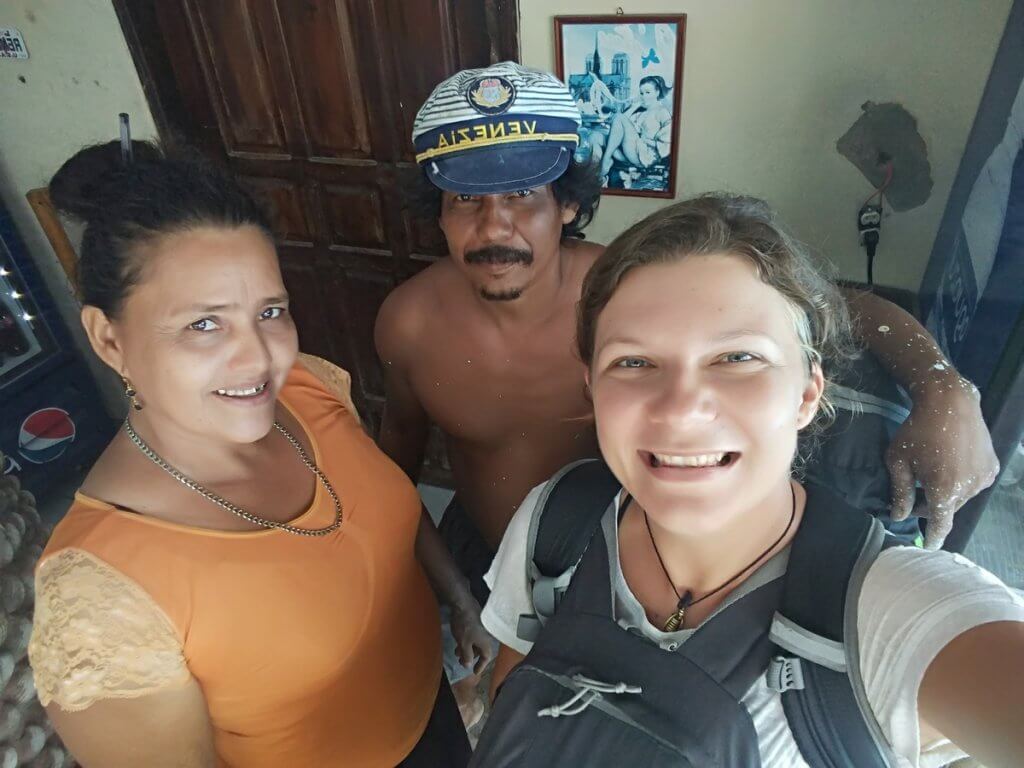
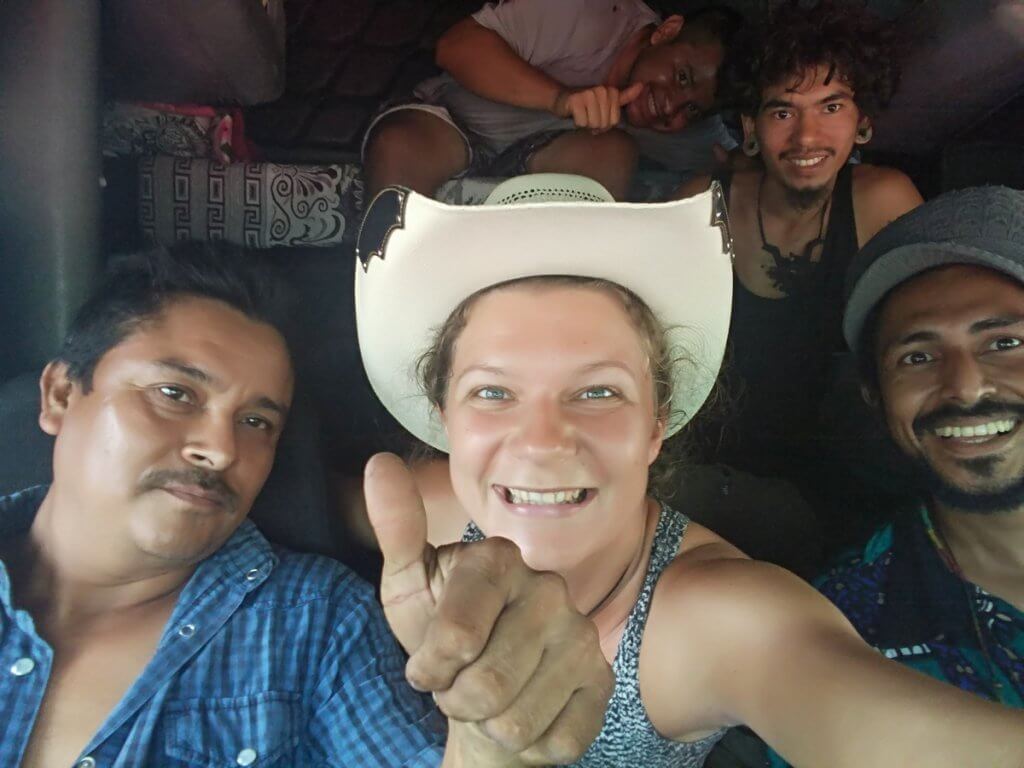
WHAT IS MY CONCLUSION?
All over the world we have to be careful while travelling. Travel responsibly. Don´t call too much of unwished attention. Ask locals for advice. And don´t be scared. Because anything can happen but also ANYWHERE! Even back home. And I personally felt super nice and safe in Honduras and Salvador. I was always surrounded by great locals who made even better impression on me than many other people from other less “dangerous” countries.
So what do you think about these countries of the third world? What is your personal experience? Are they as dangerous as everyone thinks?
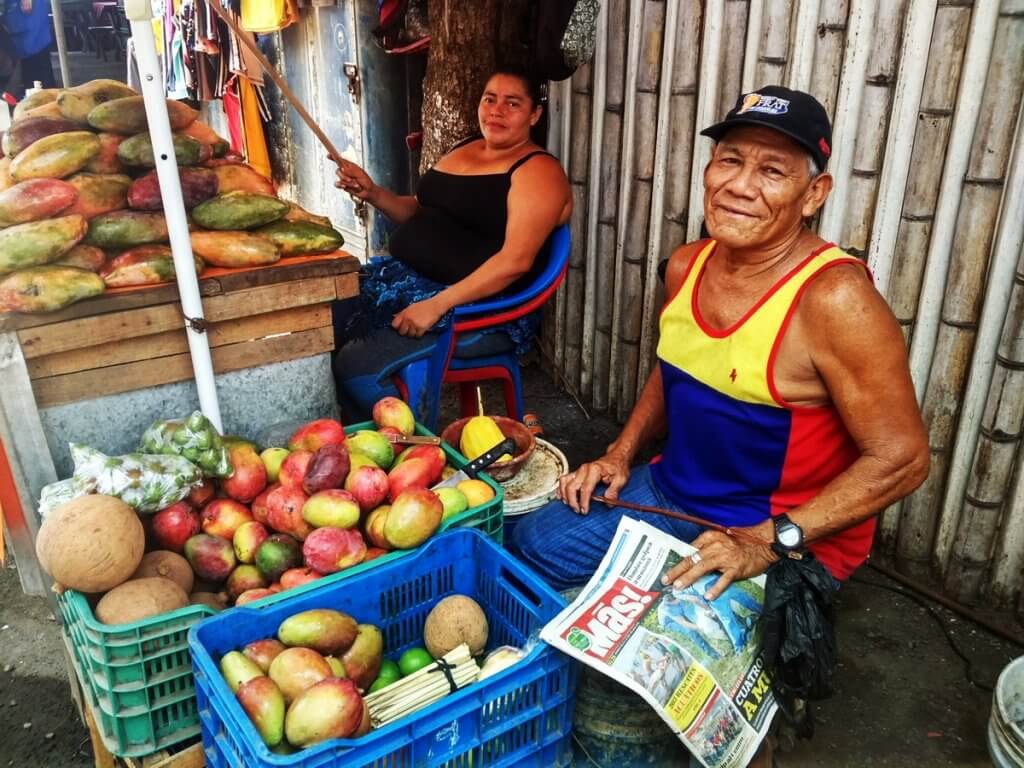
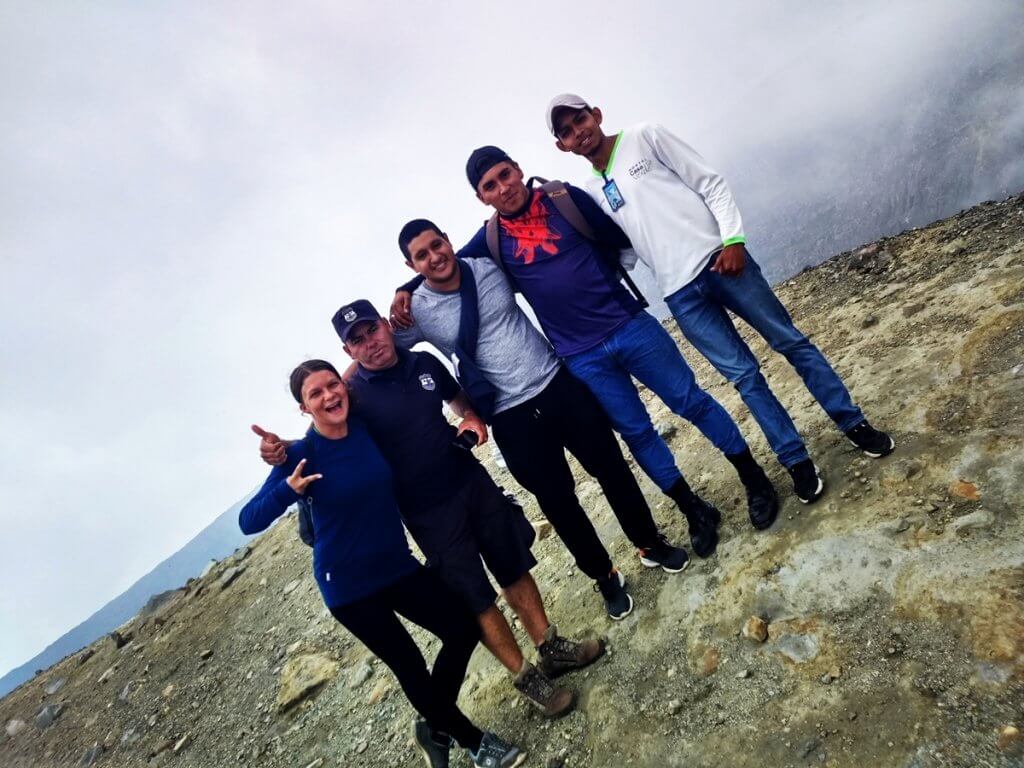
If you wish to receive my latest articles on your email, sign up below.
And if you want to contribute for 2018 MiliMundo travels, don´t hesitate and do it now. 🙂

And if you are interested in more articles on CENTRAL AMERICA – click HERE. On SOUTH AMERICA click HERE. 🙂

V San Salvadore, El Tunco (ES) je kazdy frajer, chod do Rio de Janeiro a poprechadzajsa popri oceane o cca 9-10PM 🙂
Ahoj, bola som v RIO 2x a prechadzala som sa v nocnych hodinach popri oceane niekolkokrat a nikdy sa mi nic nestalo. Samozrejme, ze vela zavisi aj od toho byt v spravny cas na spravnom mieste a so spravnymi ludmi 🙂